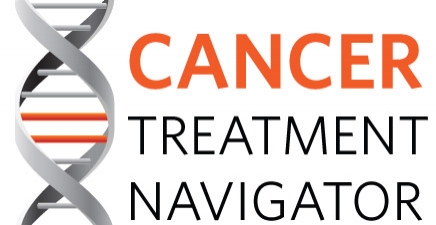FDA Approves First Gene-Altering (CAR T-Cell) Leukemia Treatment
The FDA approval for Kymriah (tisagenlecleucel, pronounced tis-a-gen-LEK-loo-sell) is a notable advancement in immunotherapy cancer treatments. Kymriah, a CAR T-cell gene therapy was approved for patients up to 25 years of age with B-cell precursor ALL (B-cell precursor lymphoblastic leukemia is a form of leukemia in which too many B-cell lymphoblasts (immature white blood cells) are found in the blood and bone marrow. It is the most common type of acute lymphoblastic leukemia (ALL). Kymriah is intended for patients whose cancer has not responded to or has returned after initial treatment, which occurs in an estimated 15-20 percent of patients. How it works is that T-cells, a type of white blood cells that are the key players in our immune system, are removed from a patients' blood. They are re-programmed to carry new genetic material and injected back into the patient where they multiply and attack the cancerous leukemia. More details are in the FDA press release. The role patient testimonies played in an important FDA advisory panel, pre-approval meeting is of significance and is reported in this NYT news article.
Acknowledgement of Kymriah’s approval as a milestone for individualized cancer treatments was quickly followed by concern in the following areas:
- High price ($475,000 for one treatment)
- Safety (boxed warning of cytokine release syndrome, neurological events and infections)
- Small eligible patient pool (CAR T-cell immunotherapies are highly anticipated by all cancer patients)
There are now 15+ immunotherapy agents approved by the FDA and 900+ being studied in clinical trials. This creates an enormous amount of information that is difficult to assess, not just for patients, but also their Oncologists. Media buzz around this promising class of cancer treatments further complicates the level of hope that should be maintained by cancer patients regarding their eligibility for the potentially life altering immunotherapy treatments. To solve issues around navigating information and decision-making, Cancer Treatment Navigator (CTN) works closely with a patient’s cancer care team to meticulously research treatments that have not yet been considered for a patient but could provide superior outcomes to existing approaches. Our recommendations are based on clinical science expertise. We compare evidence from publications to the diagnosis, treatment history and specific cancer type of each individual client, resulting in matches that are closely aligned to an individual’s disease and genetic mutation profile. This captures the essence of personalized medicine and makes it tangible for patients.
Emily Whitehead and her parents at the FDA Advisory Panel meeting. Photo Courtesy: T.J. Kirkpatrick, New York Times

